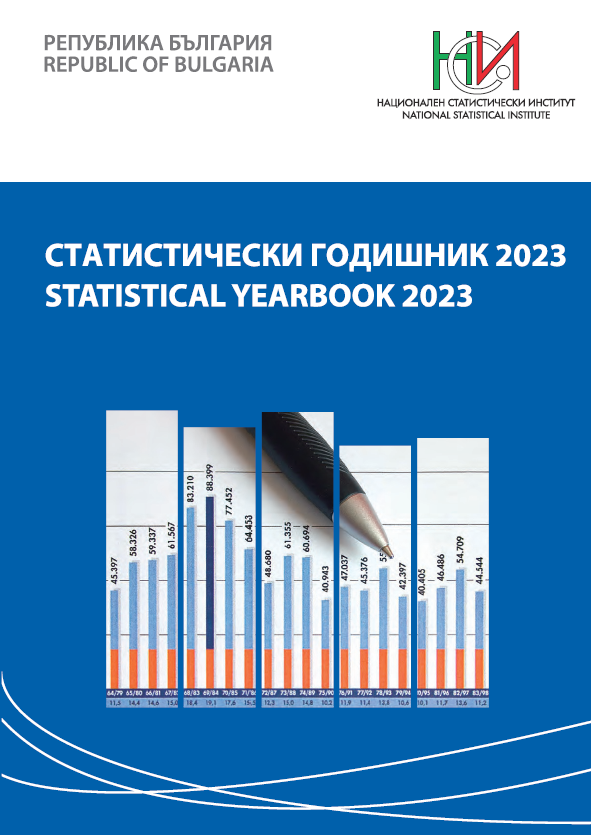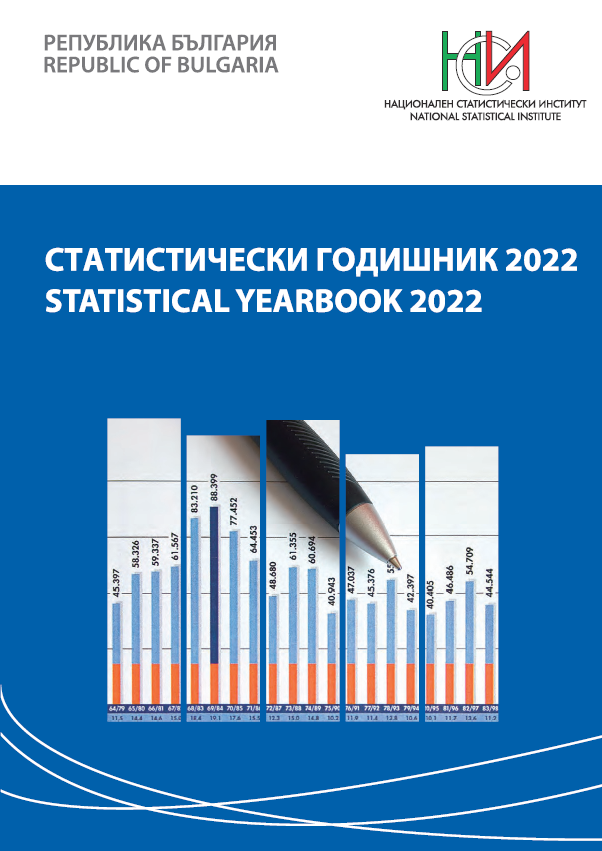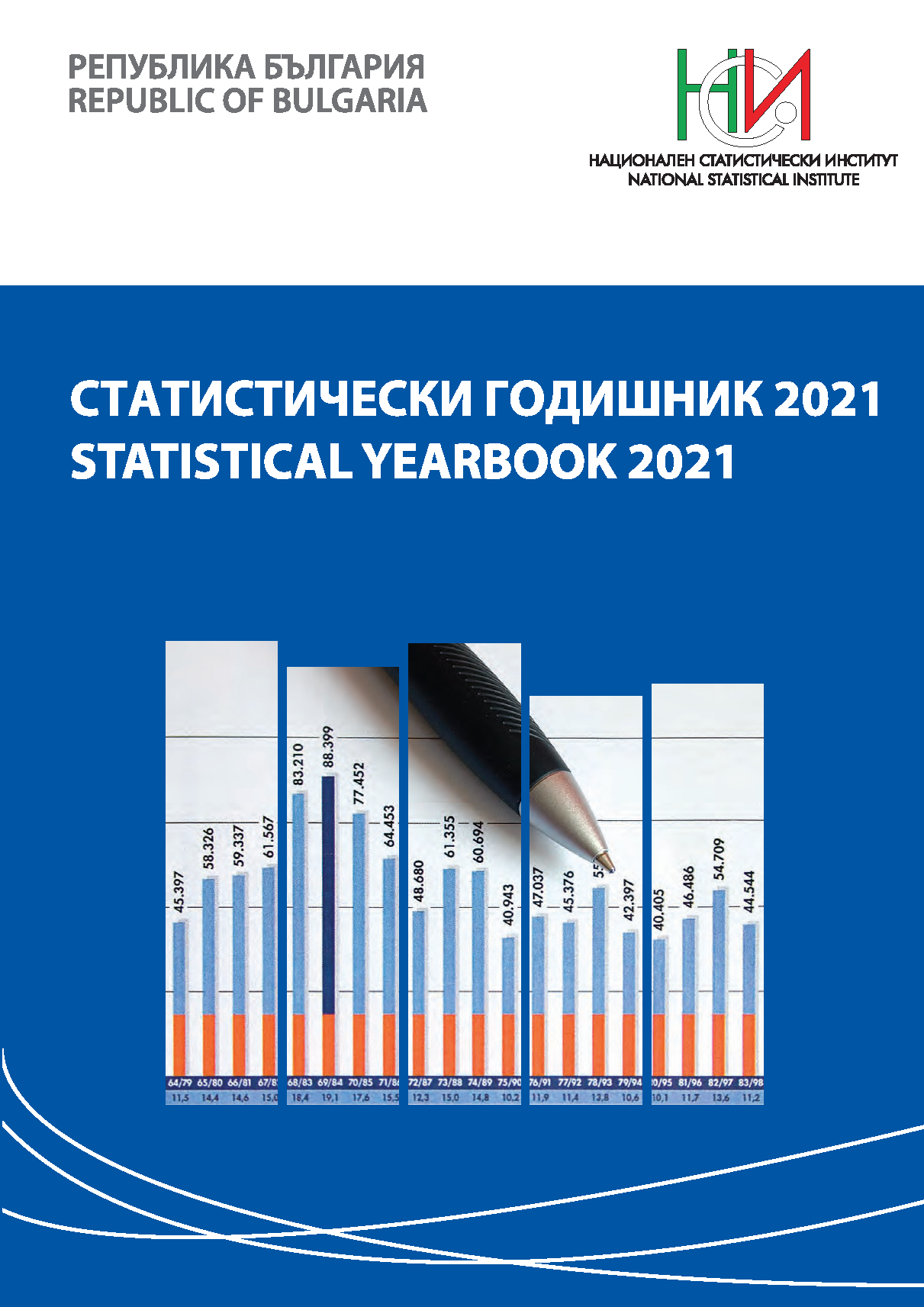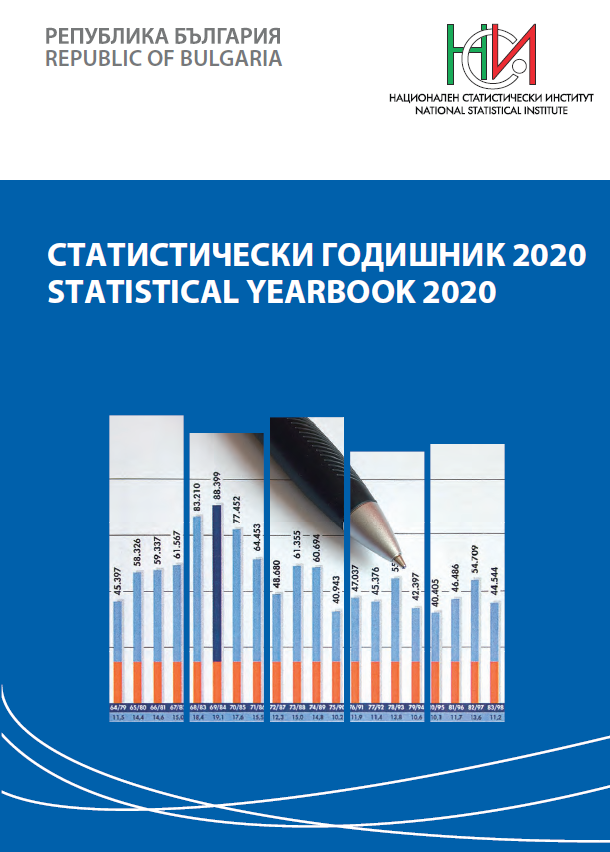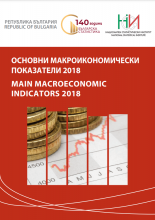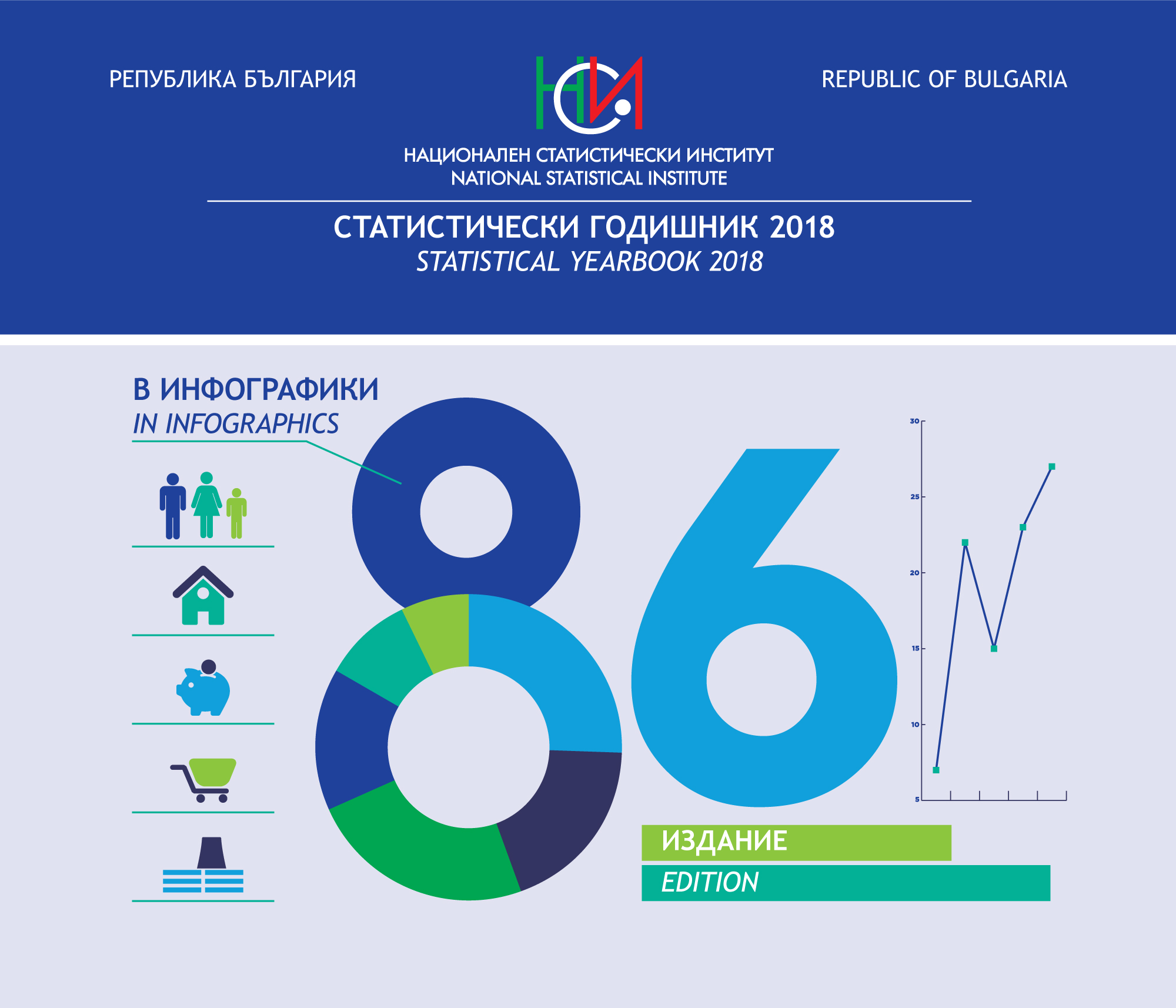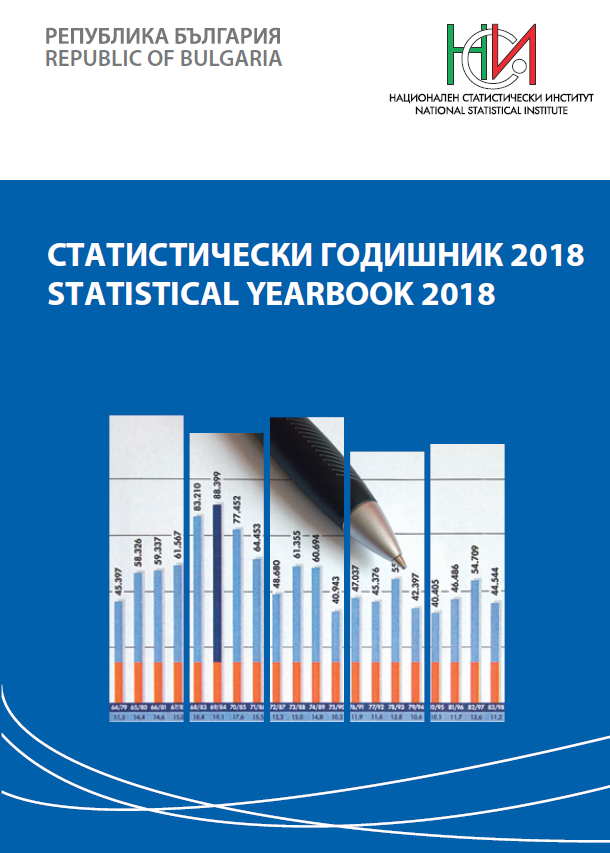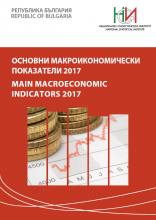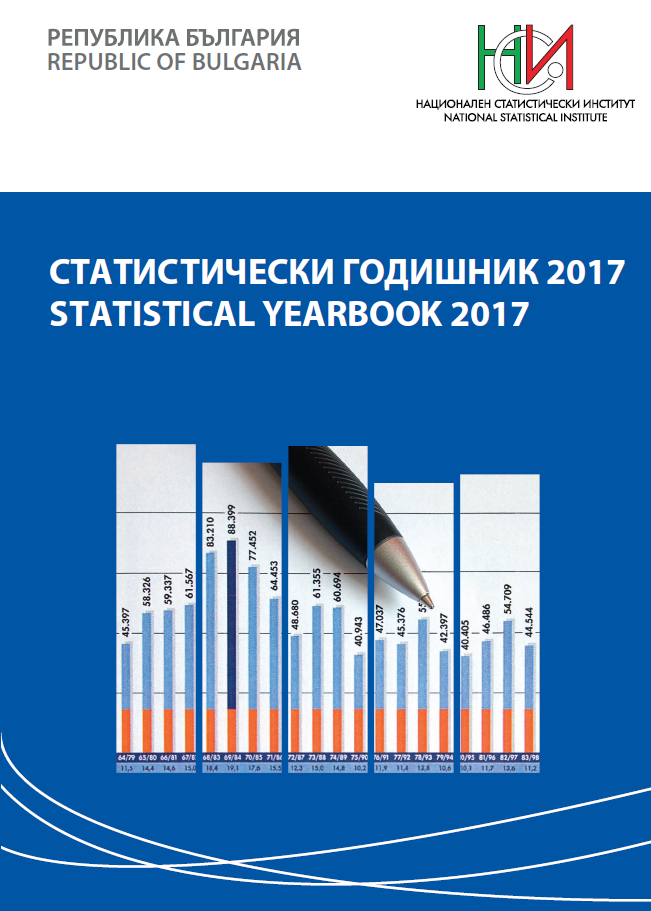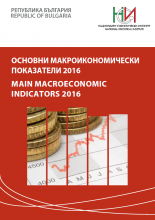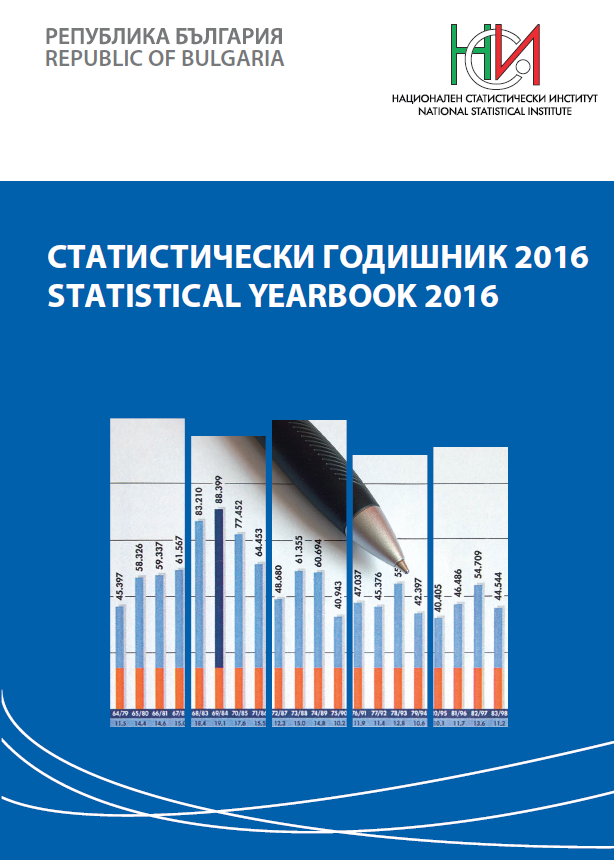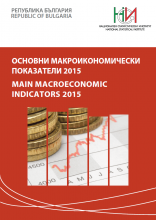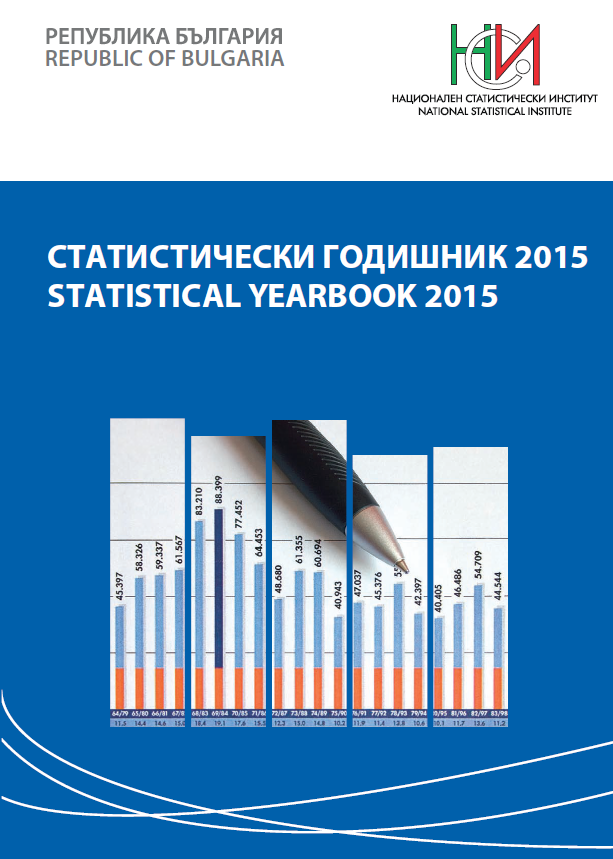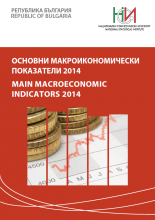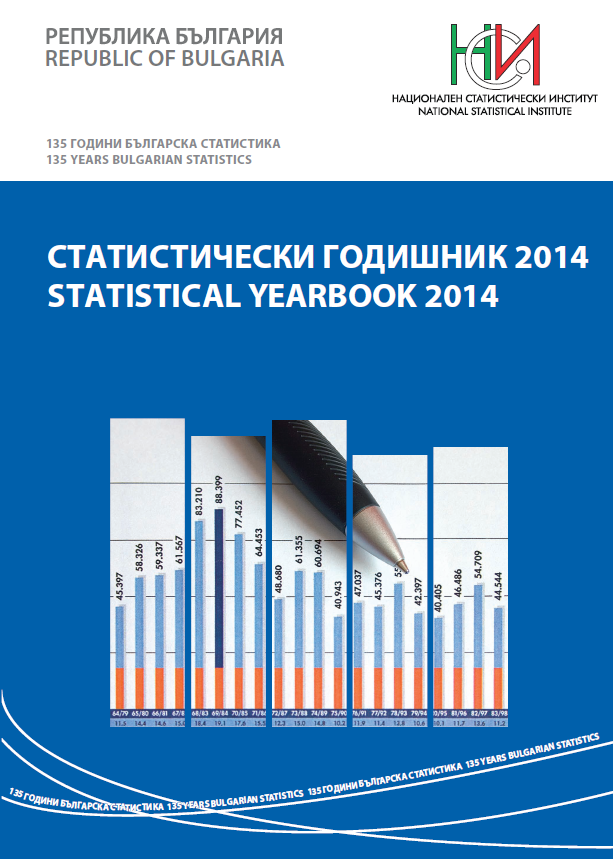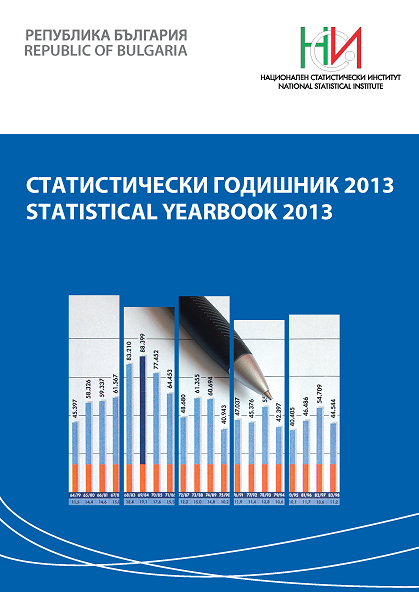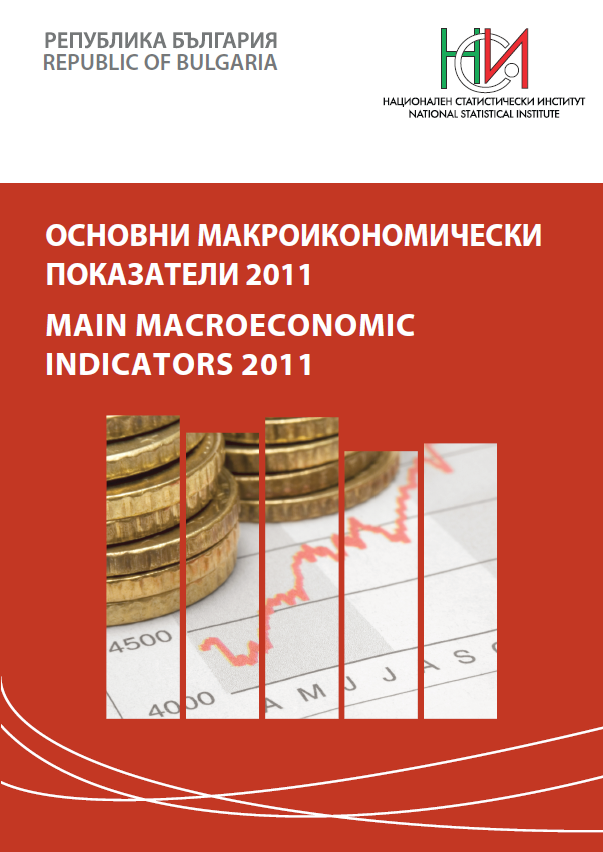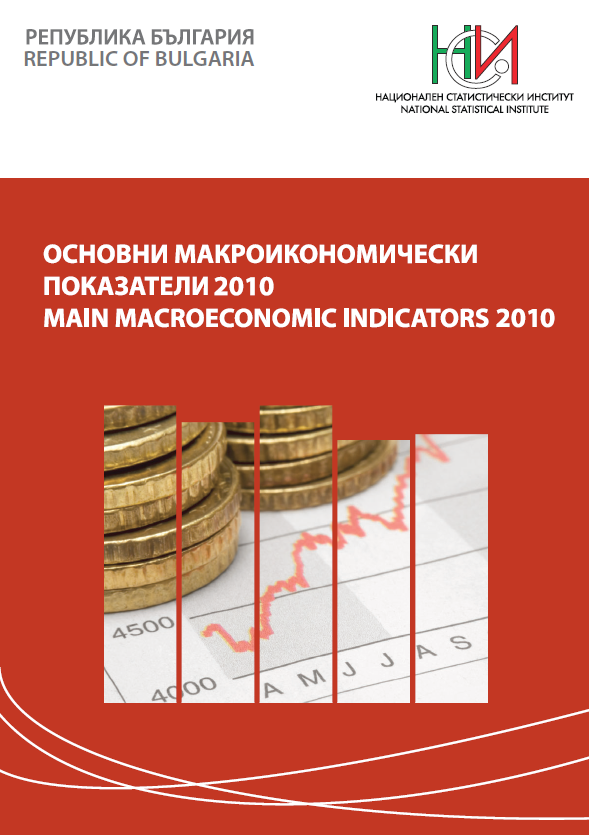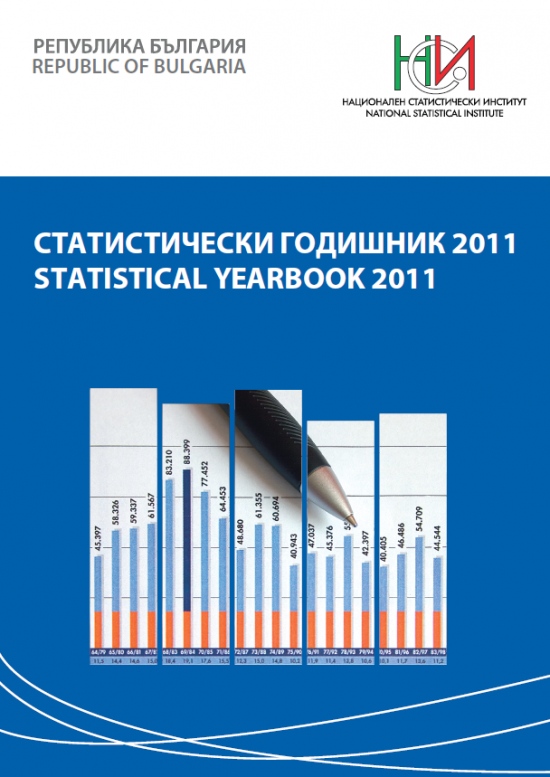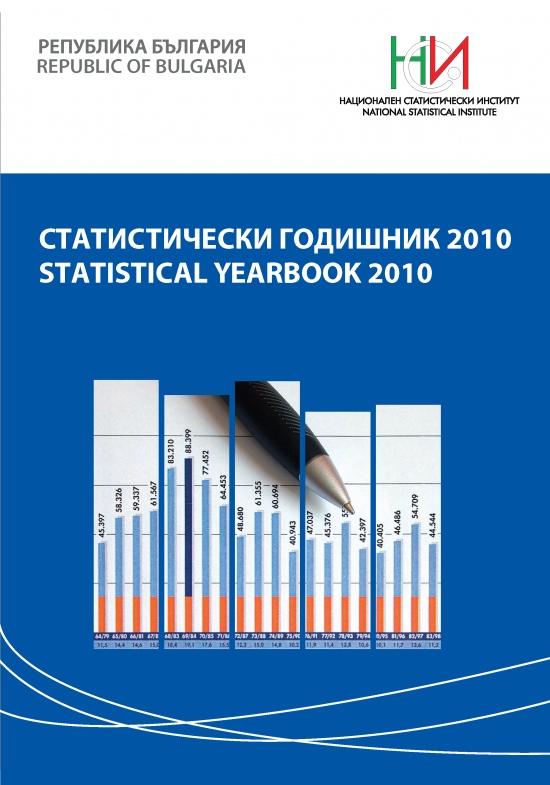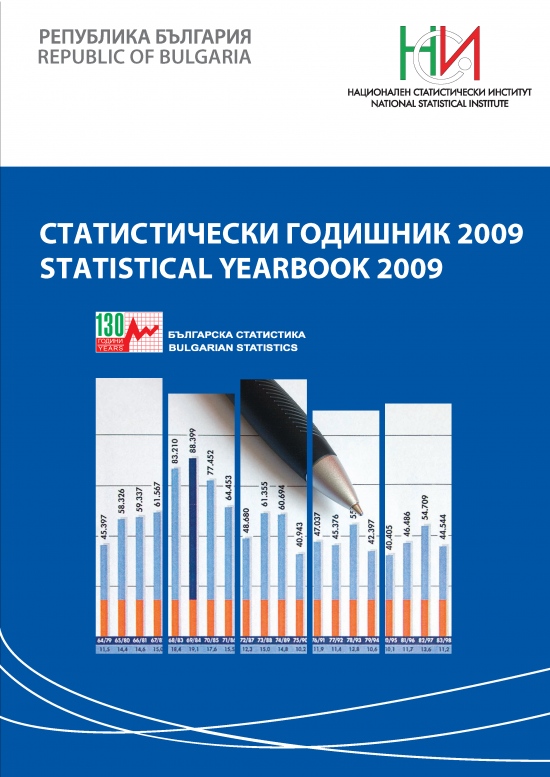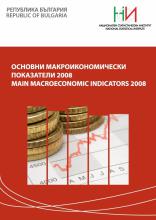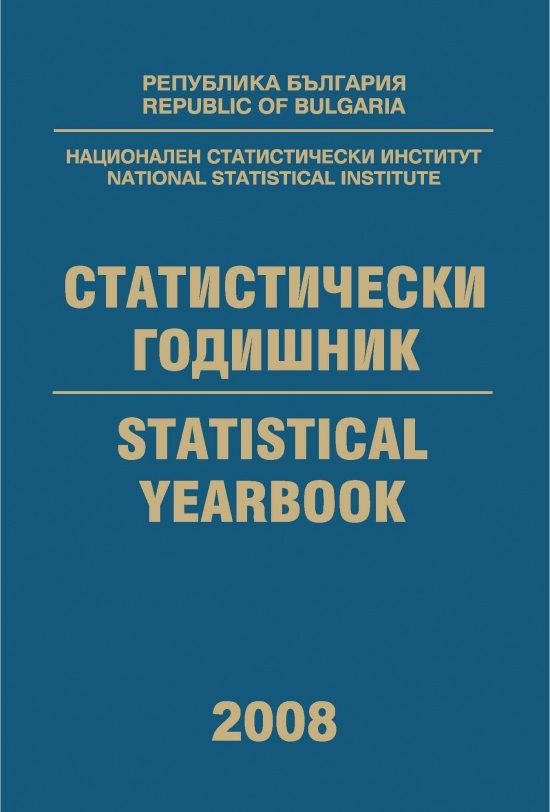Government Finance Statistics
- Annual accounts of General Government
- Government deficit/surplus and debt levels
- Quarterly Non-Financial Accounts of General Government
- Fiscal data on deficit / surplus under Directive EU 85/2011
- Monthly fiscal data
- Quarterly fiscal data
- Annual data on non-performing loans
- Annual data on liabilities of public corporations
- Annual data on participation of government in the capital of corporations
- Annual data on Public-Private Partnerships
- Guaranteed Debt of “General Government” Institutional Sector
- Annual accounts of General Government
- Non-financial accounts of sector General Government
- Sector General Government
- Sub-sector Central Government
- Sub-sector Local Government
- Sub-sector Social Security Funds
- General government expenditure by function (COFOG)
- Sector General Government
- Sub-sector Central Government
- Sub-sector Local Government
- Sub-sector Social Security Funds
- Taxes and social contributions by type and sub-sectors of General Government
- Sector General Government
- Sub-sector Central Government
- Sub-sector Local Government
- Sub-sector Social Security Funds
- Non-financial accounts of sector General Government
- Government deficit/surplus and debt levels
- Government deficit/surplus and debt levels by sub-sectors of General Government
- Quarterly Non-Financial Accounts of General Government
- Quarterly Non-Financial Accounts of General Government
- Fiscal data on deficit / surplus under Directive EU 85/2011
- Monthly fiscal data
- Quarterly fiscal data
- Annual data on non-performing loans
- Annual data on liabilities of public corporations
- Annual data on participation of government in the capital of corporations
- Annual data on Public-Private Partnerships
- Guaranteed Debt of “General Government” Institutional Sector
Bulgaria and EU: Deficit and debt of General Government Institutional Sector for 2024
In 2024, the government deficit and debt of the EU decreased in relative terms compared to 2023. In the EU, the government deficit to GDP ratio decreased from -3.5% in 2023 to -3.2% in 2024. The government debt to GDP ratio in the EU increased from 80.8% in 2023 to 81.0% at the end of 2024.
...Deficit and Debt of General Government Sector in the Republic of Bulgaria in 2024 (preliminary data)
Preliminary data on Government Deficit/Surplus and Debt for the General Government sector for 2024 have been published. The deficit of the General Government sector for 2024 amounted to -6 158 million BGN or -3.0 % of the Gross domestic product (GDP).
The debt of the General Government sector for 2024 amounted to 48 846 million BGN or 24.1 of GDP.
The statistical data on the activities of the General Government institutional sector, including data on debt and deficit/surplus, is compiled using the harmonized EU methodology.
...Bulgaria and EU: Deficit and debt of General Government Institutional Sector for 2023
In 2023, the government deficit of the EU increased in relative terms compared with 2022, while the government debt decreased. In the EU, the government deficit to Gross domestic product (GDP) ratio grew from -3.2% in 2022 to -3.5% in 2023. The government debt to GDP ratio in the EU decreased from 82.5% in 2022 to 80.8% at the end of 2023.
...Deficit and Debt of General Government Sector in the Republic of Bulgaria in 2023 (final data)
In 2023, the General Government Institutional Sector reported a deficit of -3 709 million BGN, or -2.0% of Gross domestic product (GDP), according to final data from the National Statistical Institute.
The Government Debt of Bulgaria for 2023 is 42 389 million BGN, or 22.9% of GDP.
...Bulgaria and EU: Deficit and debt of General Government Institutional Sector for 2023
In 2023, the government deficit and debt of the EU increased in relative terms compared to 2022. In the EU, the government deficit to GDP ratio increased from -3.4% in 2022 to -3.5% in 2023. The government debt to GDP ratio in the EU decreased from 83.4% in 2022 to 81.7% at the end of 2023.
...Deficit and Debt of General Government Sector in the Republic of Bulgaria in 2023 (preliminary data)
In 2023, the General Government Institutional Sector reported a deficit of -3 454 million BGN, or 1.9% of GDP, according to preliminary data from the National Statistical Institute.
The Government Debt of Bulgaria for 2023 is 42 383 million BGN, or 23.1% of GDP.
...Bulgaria and EU: Deficit and debt of General Government Institutional Sector for 2022
In 2022, the government deficit and debt of the EU decreased in relative terms compared with 2021. In the EU, the government deficit to GDP ratio shrunk from -4.7% in 2021 to -3.3% in 2022. The government debt to GDP ratio in the EU decreased from 87.4% in 2021 to 83.5% at the end of 2022.
...Deficit and Debt of General Government Sector in the Republic of Bulgaria in 2022 (final data)
According to final data from the National Statistical Institute, the General Government Institutional Sector reported in 2022 a deficit of 4 859 million BGN, or 2.9% of GDP.
The Government Debt of Bulgaria for 2022 is 37 850 million BGN, or 22.6% of GDP.
...Bulgaria and EU: Deficit and debt of General Government Institutional Sector for 2022 (preliminary data)
In 2022, the government deficit and debt of the EU decreased in relative terms compared with 2021. In the EU, the government deficit to GDP ratio shrank from -4.8% in 2021 to -3.4% in 2022. The government debt to GDP ratio in the EU decreased from 88.0% in 2021 to 84.0% at the end of 2022.
...Deficit and Debt of General Government Sector in the Republic of Bulgaria in 2022 (preliminary data)
In 2022, the General Government Institutional Sector reported a deficit of -4 648 million BGN, or 2.8% of GDP, according to preliminary data from the National Statistical Institute.
The Government Debt of Bulgaria for 2022 is 37 848 million BGN, or 22.9% of GDP.
...Bulgaria and EU: Deficit and debt of General Government Institutional Sector for 2021
In 2021, the government deficit and debt of the EU decreased in relative terms compared with 2020. In 2021, in the EU, the government deficit to GDP ratio shrank to -4.6% from -6.7% in 2020. In 2021, the government debt to GDP ratio in the EU decreased to 87.9% from 89.8% at the end of 2020.
...Deficit and Debt of General Government Sector in the Republic of Bulgaria in 2021 (final data)
In 2021, the final data from the National Statistical Institute showed that the General Government Institutional Sector reported a deficit of -5 414 million BGN, or 3.9% of GDP.
The Government Debt of Bulgaria for 2021 is 33 268 million BGN, representing 23.9% of GDP.
...Bulgaria and EU: Deficit and debt of General Government Institutional Sector for 2021 (preliminary data)
In 2021, the government deficit and debt of the EU decreased in relative terms compared with 2020. In the EU, the government deficit to GDP ratio shrunk from 6.8% in 2020 to 4.7% in 2021. In the EU, the government debt to GDP ratio decreased from 90.0% at the end of 2020 to 88.1% at the end of 2021.
...Deficit and Debt of General Government Sector in the Republic of Bulgaria in 2021 (preliminary data)
According to preliminary data from the National Statistical Institute, the General Government Institutional Sector reported in 2021 a deficit of 5 433 million BGN, or 4.1% of GDP.
The Government Debt of Bulgaria for 2021 is 33 277 million BGN, or 25.1% of GDP.
...Bulgaria and EU: Deficit and debt of General Government Institutional Sector for 2020
In 2020, the government deficit and debt of the EU increased in relative terms compared with 2019. In the EU, the government deficit to GDP ratio rose from 0.5% in 2019 to 6.9% in 2020. In the EU, the government debt to GDP ratio increased from 77.2% at the end of 2019 to 90.1% at the end of 2020.
...Deficit and Debt of General Government Sector in the Republic of Bulgaria in 2020 (final data)
According to final data of the National Statistical Institute the General Government Institutional Sector reported in 2020 a deficit of 4 780 million BGN or 4.0% of GDP.
The Government Debt of Bulgaria for 2020 is 29 602 million BGN or 24.7% of GDP.
...Bulgaria and EU: Deficit and debt of General Government Institutional Sector for 2020 (preliminary data)
In 2020, the government deficit and debt of the EU increased in relative terms compared with 2019. In the EU the government deficit to GDP ratio rose from 0.5% in 2019 to 6.9% in 2020. In the EU the government debt to GDP ratio increased from 77.5% at the end of 2019 to 90.7% at the end of 2020.
...Deficit and Debt of General Government Sector in the Republic of Bulgaria in 2020 (preliminary data)
According to preliminary data of the National Statistical Institute the General Government Institutional Sector reported in 2020 a deficit of 4 056 million BGN or 3.4% of GDP.
The Government Debt of Bulgaria for 2020 is 29 703 million BGN or 25.0% of GDP.
...Bulgaria and EU: Deficit and debt of General Government Institutional Sector for 2019
In 2019, the government deficit of the EU increased in relative terms compared to 2018, while the government debt decreased. In the EU, the government deficit to GDP ratio rose from 0.4% in 2018 to 0.5% in 2019. In the EU the government debt to GDP ratio declined from 79.5% at the end of 2018 to 77.6% at the end of 2019.
...Deficit and Debt of General Government Sector in the Republic of Bulgaria in 2019 (final data)
According to final data of the National Statistical Institute the General Government Institutional Sector reported in 2019 a surplus of 2 304 million BGN or 1.9% of GDP.
The Government Debt of Bulgaria for 2019 is 24 212 million BGN or 20.2% of GDP.
...Bulgaria and EU: Deficit and debt of General Government Institutional Sector for 2019 (preliminary data)
In 2019, the government deficit and debt of the EU-27 increased in relative terms compared with 2018. In the EU-27 the government deficit to GDP ratio rose from 0.4% in 2018 to 0.6% in 2019. In the EU-27 the government debt to GDP ratio declined from 79.6% at the end of 2018 to 77.8% at the end of 2019.
...Deficit and Debt of General Government Sector in the Republic of Bulgaria in 2019 (preliminary data)
According to preliminary data of the National Statistical Institute the General Government Institutional Sector reported in 2019 a surplus of 2 470 million BGN or 2.1% of GDP.
The Government Debt of Bulgaria for 2019 is 24 205 million BGN or 20.4% of GDP.
...Bulgaria and EU: Deficit and debt of General Government Institutional Sector for 2018
In 2018, the government deficit and debt of the EU-28 decreased compared to 2017. In the EU-28 the government deficit to GDP ratio fell from 1.0% in 2017 to 0.7% in 2018. In the EU-28 the government debt to GDP ratio declined from 82.1% at the end of 2017 to 80.4% at the end of 2018.
...Deficit and Debt of General Government Sector in the Republic of Bulgaria in 2018 (final data)
According to final data of the National Statistical Institute the General Government Institutional Sector reported in 2018 a surplus of 1 921 million BGN or 1.8% of GDP.
The Government Debt of Bulgaria for 2018 is 24 431 million BGN or 22.3% of GDP.
...Bulgaria and EU: Deficit and debt of General Government Institutional Sector for 2018 (preliminary data)
In 2018, the government deficit and debt of the EU-28 decreased in relative terms compared with 2017. In the EU-28 the government deficit to GDP ratio fell from 1.0% in 2017 to 0.6% in 2018. In the EU-28 the government debt to GDP ratio declined from 81.7% at the end of 2017 to 80.0% at the end of 2018.
...Deficit and Debt of General Government Institutional Sector in the Republic of Bulgaria in 2018 (preliminary data)
According to preliminary data of the National Statistical Institute the General Government Institutional Sector reported in 2018 a surplus of 2 149 million BGN or 2.0% of GDP.
The Government Debt of Bulgaria for 2018 is 24 430 million BGN or 22.6% of GDP.
...Bulgaria and EU: Deficit and debt of General Government Institutional Sector for 2017
In 2017, the government deficit and debt of the EU-28 decreased in relative terms compared with 2016. In the EU-28 the government deficit to GDP ratio fell from 1.7% in 2016 to 1.0% in 2017. In the EU-28 the government debt to GDP ratio declined from 83.3% at the end of 2016 to 81.6% at the end of 2017.
...Deficit and Debt of General Government Sector in the Republic of Bulgaria in 2017 (final data)
According to final data of the National Statistical Institute the General Government Institutional Sector reported in 2017 a surplus of 1 145 million BGN or 1.1% of GDP.
The Government Debt of Bulgaria for 2017 is 25 908 million BGN or 25.6% of GDP.
...Bulgaria and EU: Deficit and debt of General Government Institutional Sector for 2017 (preliminary data)
In 2017, the government deficit and debt of the EU-28 decreased in relative terms compared with 2016. In the EU-28 the government deficit to GDP ratio fell from 1.6% in 2016 to 1.0% in 2017. In the EU-28 the government debt to GDP ratio declined from 83.3% at the end of 2016 to 81.6% at the end of 2017.
...Deficit and Debt of General Government Institutional Sector in the Republic of Bulgaria in 2017 (preliminary data)
According to the preliminary data of the National Statistical Institute the General Government Institutional Sector reported in 2017 a surplus of 920 million BGN or 0.9% of GDP.
The Government Debt of Bulgaria for 2017 is 25 064 million BGN or 25.4% of GDP.
...Bulgaria and EU: Deficit and debt of General Government Institutional Sector for 2016
In 2016, the government deficit and debt of the EU-28 decreased in relative terms compared with 2015. In the EU-28 the government deficit to GDP ratio fell from 2.4% in 2015 to 1.7% in 2016. In the EU-28 the government debt to GDP ratio declined from 84.5% at the end of 2015 to 83.2% at the end of 2016.
...Deficit and Debt of General Government Sector in the Republic of Bulgaria in 2016 (final data)
According to the final data of the National Statistical Institute the General Government Institutional Sector reported in 2016 a deficit of 36 million BGN or 0.04% of GDP.
The Government Debt of Bulgaria for 2016 is 27 322 million BGN or 29.03% of GDP.
...Deficit and Debt of General Government Institutional Sector in the Republic of Bulgaria in 2016 (preliminary data)
According to the preliminary data of the National Statistical Institute the General Government Institutional Sector reported in 2016 a surplus of 30 million BGN or 0.03% of GDP.
The Government Debt of Bulgaria for 2016 is 27 321 million BGN or 29.5% of GDP.
...Deficit and Debt of General Government Institutional Sector in the Republic of Bulgaria in 2015
According to the final data of the National Statistical Institute the General Government Institutional Sector reported in 2015 a deficit of 1 490 million BGN or 1.7% of GDP.
The Government Debt of Bulgaria for 2015 is 23 049 million BGN or 26.0% of GDP.
...Deficit and Debt of General Government Institutional Sector in the Republic of Bulgaria in 2015 (preliminary data)
Deficit and Debt of General Government Sector in 2014
Deficit and Debt of General Government Sector in the Republic of Bulgaria in 2014 (preliminary data)
On the basis of preliminary data of the National Statistical Institute the General Government Sector reported in 2014 government deficit of 2 337 million BGN or 2.8% of GDP. The Government Debt of Bulgaria for 2014 is 22 694 million BGN or 27.6% of GDP.
...Deficit and Debt of General Government Sector for the period 2010 - 2013 according to ESA 2010
According to the updated European System of National and Regional Accounts (ESA 2010) the National Statistical Institute reported on the basis of final data for General Government sector in 2013 deficit of 989 million BGN or 1.2% of GDP. The Government debt of Bulgaria for 2013 is 14 731 million BGN or 18.3% of GDP.
...Deficit and Debt of General Government Sector in 2013 (preliminary data)
On the basis of preliminary data of the National Statistical Institute the General Government Sector reported in 2013 government deficit of 1 178 million BGN or 1.5% of GDP.
The Government Debt of Bulgaria for 2013 is 14 733 million BGN or 18.9% of GDP.
...Deficit and Debt of General Government Sector in 2012
On the basis of final data of the National Statistical Institute in 2012 the General Government Sector has reported a deficit of 592 million BGN or 0.8% of GDP.
The Government Debt of Bulgaria for 2012 is 14 388 million BGN or 18.5% of GDP.
Deficit and Debt of General Government Sector in 2012 (preliminary data)
Deficit and Debt of General Government Sector in 2011
Deficit and Debt of General Government Sector in 2011 (preliminary data)
Deficit and Debt of General Government Sector in 2010
Deficit and Debt of General Government Sector in 2010 (preliminary data)
Deficit and Debt of General Government Sector in 2009
Statistical Yearbook 2023
The National Statistical Institute (NSI) has the pleasure to present to the attention of national and foreign users of statistical information the 91-st edition of the ‘Statistical Yearbook of the Republic of Bulgaria’ in printed format.
It provides current statistical information about the demographic, economic and social development of the country for 2017 - 2022 in different territorial and classification aggregations and breakdowns.
According to the Law on Statistics, official source of information in the Republic of Bulgaria is the National Statistical Sys...
Statistical Yearbook 2022
It provides current statistical information about the demographic, economic and social development of the country for 2016 - 2021 in different territorial and classification aggregations and breakdowns.
According to the Law on Statistics, official source of information in the Republic of Bulgaria is the National Statistical ...
Statistical Yearbook 2021
It provides current statistical information about the demographic, economic and social development of the country for 2015 - 2020 in different territorial and classification aggregations and breakdowns.
According to the Law on Statistics, official source of information in the Republic of Bulgaria is the ...
Statistical Yearbook 2020
It provides current statistical information about the demographic, economic and social development of the country for 2014 - 2019 in different territorial and classification aggregations and breakdowns.
According to the Law on Statistics, official source of information in the Republic of Bulgaria is the ...
Statistical Yearbook 2012
Main Macroeconomic Indicators 2018
The publication presents time series data for Bulgaria's gross domestic product (GDP) for the 2002 - 2018 period; main indicators characteriz...
Statistical Yearbook 2019
It provides current statistical information about the demographic, economic and social development of the country for 2013 - 2018 in different territorial and classification aggregations and breakdowns.
According to the Law on Statistics, official source of information in the Republic of Bulgaria is the ...
Statistical Yearbook 2018 in infographics
In 2018, for the first time, we presented the results of the statistical surveys through graphics, images and other visualization tools, which resulted in a positive response among a wide range of users. We believe that this modern way of presenting statistical information will trigger the interest in those who for the first time encounter the meaning of numbers revealing important aspects of socio-economic life.
...Statistical Yearbook 2018
It provides current statistical information about the demographic, economic and social development of the country for 2012 - 2017 in different territorial and classification aggregations and breakdowns.
According to the Law on Statistics, official source of information in the Republic of Bulgaria is the ...
Main Macroeconomic Indicators 2017
The publication presents time series data for Bulgaria's gross domestic product (GDP) for the 2001 - 2017 period; main indicators characterizing the e...
Statistical Yearbook 2017 in infographics
The publication is intended for a wider audience as statistical data are presented in a plain and easy understandable way.
The current state and changes in the socio-economic and cultural life in the country are presented not in the traditional way in tables and text, but through infographics - images, graphics and other visualization tools.
We belie...
Statistical Yearbook 2017
It provides current statistical information about the demographic, economic and social development of the country for 2012 - 2016 in different territorial and classification aggregations and breakdowns.
According to the Law on Statistics, official source of information in the Republic of Bulgaria is the ...
Main Macroeconomic Indicators 2016
The publication presents time series data for Bulgaria's gross domestic product (GDP) for the 2001 - 2016 period; main indicators characterizing the e...
Statistical Yearbook 2016
It provides current statistical information about the demographic, economic and social development of the country for 2011 - 2015 in different territorial and classification aggregations and breakdowns.
According to the Law on Statistics, official source of information in the Republic of Bulgaria is the ...
Main Macroeconomic Indicators 2015
The publication presents time series data for Bulgaria's gross domestic product (GDP) for the 2000 - 2015 period; main indicators characterizing the e...
Statistical Yearbook 2015
It provides current statistical information about the demographic, economic and social development of the country for 2010 - 2014 in different territorial and classification aggregations and breakdowns.
According to the Law on Statistics, official source of information in the Republic of Bulgaria is the ...
Main Macroeconomic Indicators 2014
The National Statistical Institute informs users of statistical information that the annual bilingual (Bulgarian/English) publication Main Macroeconomic Indicators 2014 is already available. The issue contains the results from official statistics' work on calculation of main macroeconomic indicators for Bulgaria in accordance with the System of National Accounts (SNA 2008) and the European System of Accounts (ESA 2010).
The publication presents time series data for Bulgaria's gross domestic product (GDP) for the 1999 - 2014 period; main indicators characterizing ...
Statistical Yearbook 2014
The National Statistical Institute (NSI) has the pleasure to present to the attention of national and foreign users of statistical information the 82nd edition of the ‘Statistical Yearbook of the Republic of Bulgaria’ in printed and electronic format.
It provides current statistical information about the demographic, economic and social development of the country for 2009 - 2013 in different territorial and classification aggregations and breakdowns.
According to the Law on Statistics, official source of information in the Republic of Bulgaria is the Nati...
Statistical Yearbook 2013
The National Statistical Institute (NSI) has the pleasure to present to the attention of national and foreign users of statistical information the 81st edition of the ‘Statistical Yearbook of the Republic of Bulgaria’ in printed and electronic format.
It provides current statistical information about the demographic, economic and social development of the country for 2008 - 2012 in different territorial and classification aggregations and breakdowns.
According to the Law on Statistics, official source of information in the Republic of Bulgaria is the Nati...
